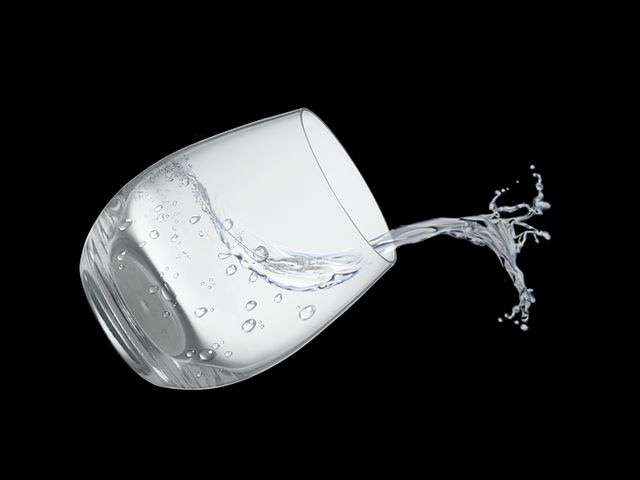Good water quality is essential for automatic coffee machines. Without clean and pure water, the coffee produced by these machines can be of poor quality, which can not only affect the taste of the coffee but also damage the machine itself.
The first step towards good water quality is to use filtered or bottled water whenever possible. Contaminants in tap water, such as lead or chlorine, can cause a number of problems, such as sour or bitter tasting coffee, and can settle on the internal components of the machine.
Ideally, the total dissolved solids (TDS) content of the water used in automatic coffee machines should be 50 mg/l (milligrams per litre). TDS is a measure of the total dissolved substances in water, such as salts and other minerals. Higher levels of TDS can contribute to the formation of limescale and sediment inside the machine, reducing its efficiency and durability.
To avoid this, many machines are equipped with sensors that monitor water quality and alert users to any problems that may arise. Regular filter changes and descaling of the machine are also important steps to help maintain good water quality.
Ultimately, investing in a good quality automatic coffee machine and taking steps to ensure good water quality will result in better tasting coffee and a longer life for the machine.
By following these simple steps, you can enjoy delicious and consistent coffee for many years.

